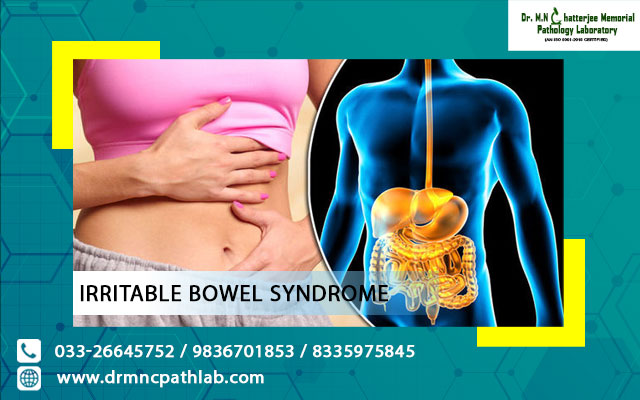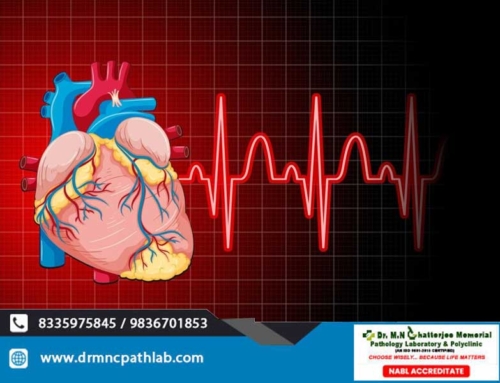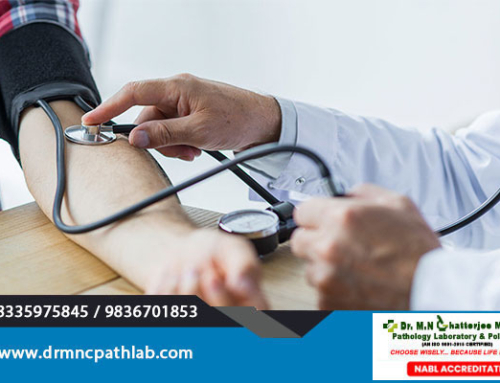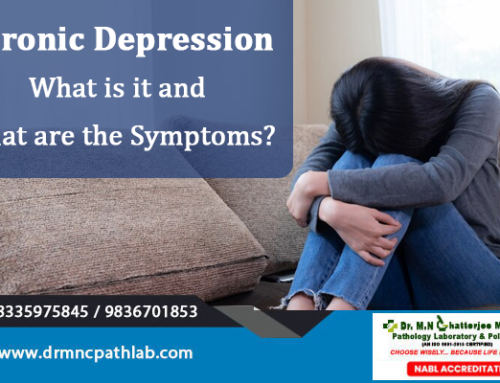A type of disorder affecting the large intestine is irritable bowel syndrome (IBS). It has different signs and symptoms including abdominal pain, cramping, gas, bloating and constipation or diarrhoea or both. It can affect your lifestyle and is a long-lasting problem. It is better to consult a gastroenterologist at a doctor clinic in Uttarpara.
Symptoms
People who suffer from IBS can have symptoms including:
- Constipation
- Diarrhoea
- Belly pains or cramps
- Bloating or gas
- Constipation alternating with diarrhoea
- Harder or looser stools
- Belly sticking out
Symptoms can worsen if you have stress. There can also be urinary symptoms or sexual problems. The condition has four types namely IBS-C, IBS-D, IBS-M and IBS-U.
Causes
A number of things may play a role in IBS. They are:
-
Muscle contractions in the intestine: There are layers of muscle in the walls of the intestines. The muscles contract to help the food move through your digestive tract. If the contractions are weak, they can slow down the passing of food and lead to dry and hard stools. The stronger contractions, which last longer than normal, are responsible for causing gas, bloating and diarrhoea.
-
Nervous system: When your abdomen stretches due to gas or stool, you may experience more than normal discomfort if there are abnormalities in the nerves in your digestive system. Your body can overreact to normal changes occurring during your digestive process because of poorly coordinated signals between the brain and the intestines. Diarrhoea, constipation or pain happens due to this.
-
Inflammation in the intestines: There can be an increased number of immune-system cells in their intestines in some people with IBS. There is an association of pain and diarrhoea with this immune-system response.
-
Severe infection: After a severe attack of diarrhoea (gastroenteritis) that is caused by a virus or bacteria, IBS can develop. If there is a bacterial overgrowth in the intestines, it can also lead to IBS.
Diagnosis
If your symptoms match with those of IBS, he may suggest you go for diagnostic tests to confirm whether you have IBS. The following are some of the tests that are done in a diagnostic centre in Uttarpara.
- Flexible colonoscopy or sigmoidoscopy in order to check whether there is blockage or inflammation in your intestines
- X-rays
- Upper endoscopy to check if you have indigestion or heartburn
- Blood tests to look for signs of infection, thyroid problems and anaemia
- Stool tests to look for blood or infections
- Tests for gluten allergy, lactose intolerance or celiac disease
- Tests for checking whether there are problems in your bowel muscles
Treatment
There are different treatment options for IBS. They include:
Diet and Lifestyle Changes: IBS can improve over time if you make some changes in your diet and lifestyle. Try to avoid caffeine, have fibrous diet, drink enough water, avoid smoking and eat smaller meals at frequent intervals instead of having big meals.
Medicines: In the treatment of IBS, the doctor can advise you to take some medicines. Bulking agents and antibiotics prove effective in giving you relief from IBS.
Don’t hesitate to consult a gastroenterologist at Dr. M.N. Chatterjee Memorial Pathology Laboratory and Polyclinic, if you are suffering from IBS. This will help you to get relief from many complications.






